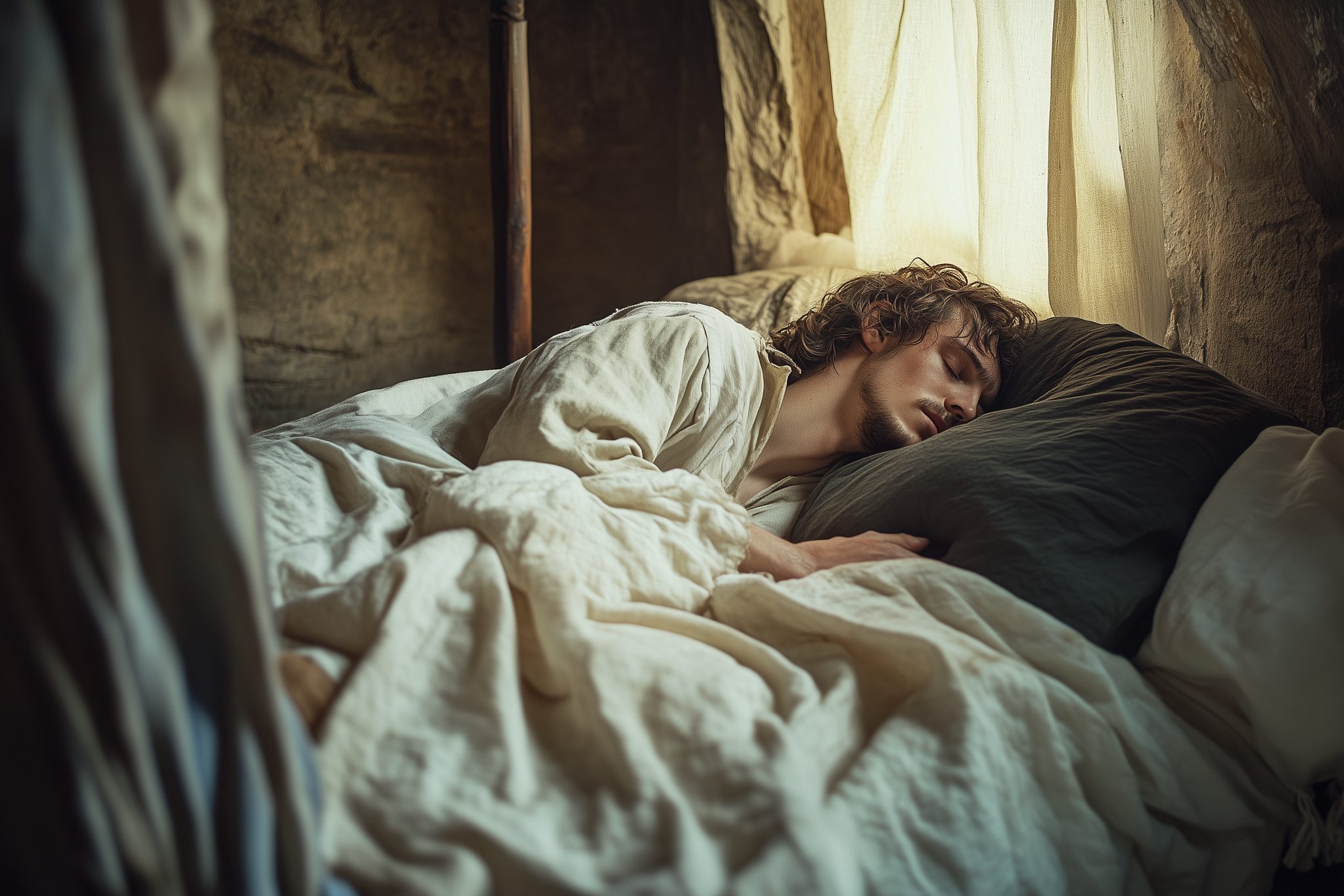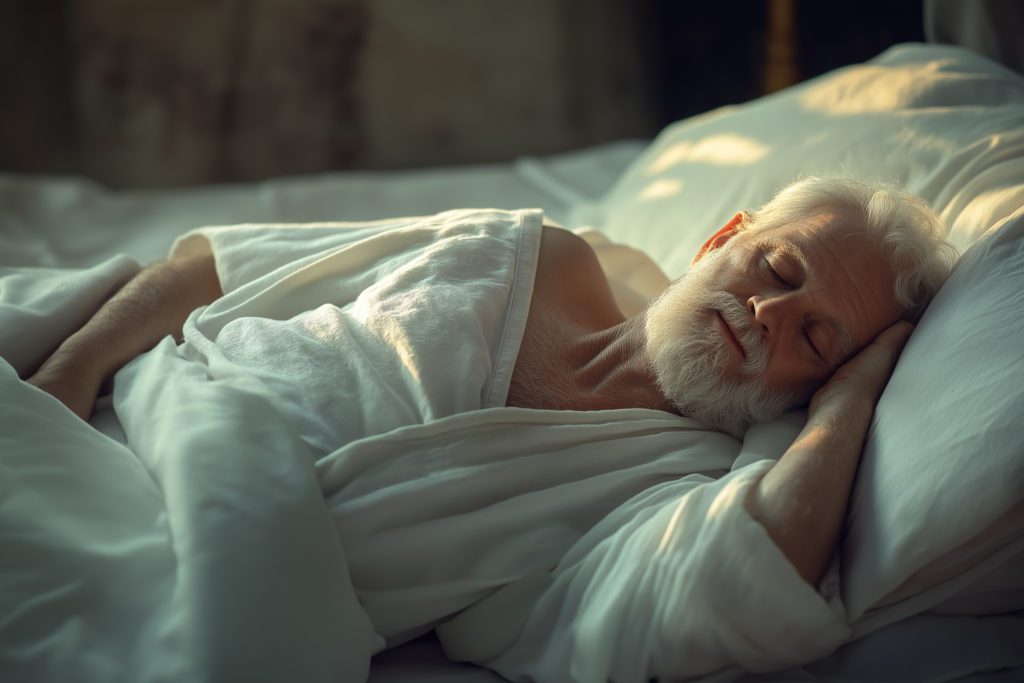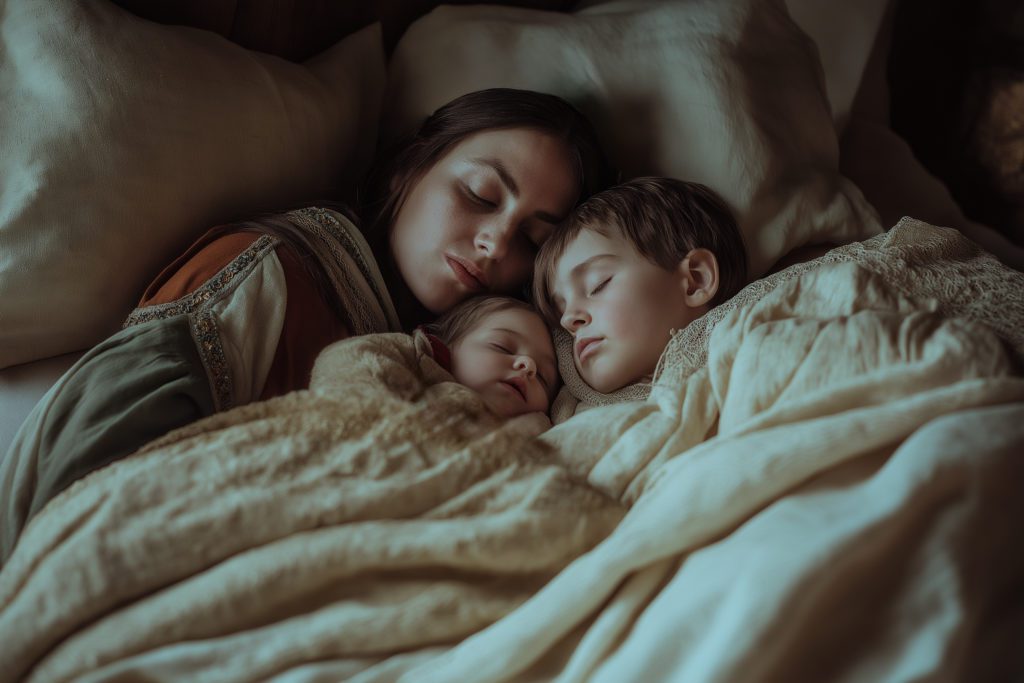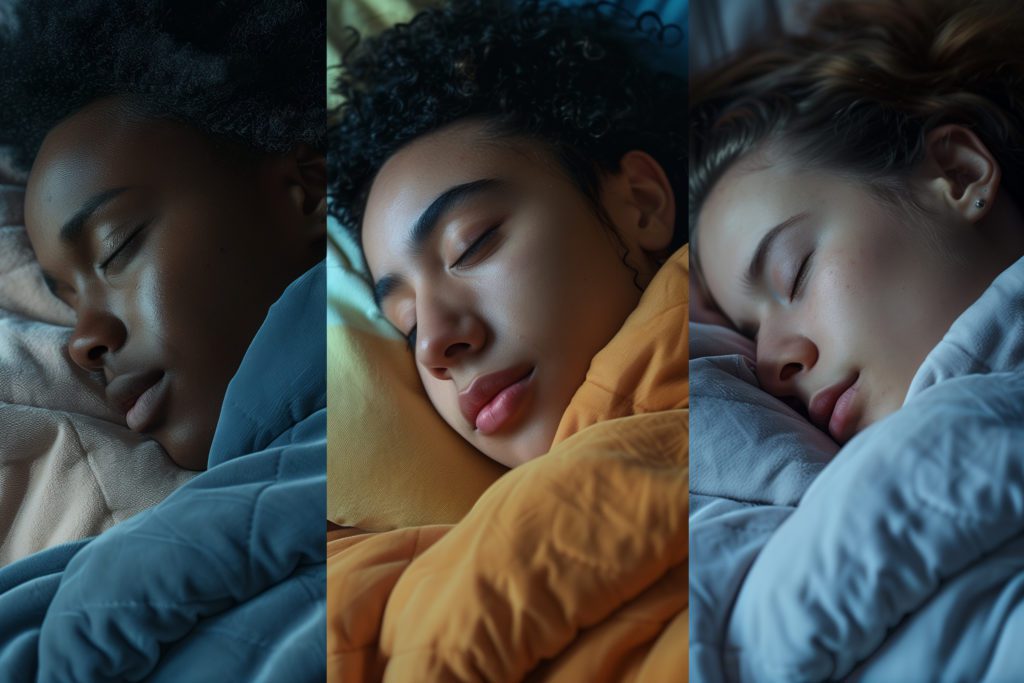
How Many Hours Did Medieval People Sleep?
Discover the fascinating sleep patterns of medieval people, who slept in two phases during the night. Learn how their sleep hours shaped their daily lives.

Have you ever wondered how many hours people in the medieval period actually slept? It turns out they might have had a very different sleep schedule compared to what we have today. In a world without artificial lights, streaming services, or smartphones, sleep wasn't about squeezing in eight hours. Instead, it was influenced by the sun, the seasons, and even community customs.
But just because medieval people didn't have alarm clocks doesn't mean they weren't concerned about sleep. Their routines were shaped by natural rhythms and a few peculiar habits that might surprise you.
In this article, we'll discuss the sleep hours of medieval people and uncover some fascinating details about their nightly rest. And who knows, maybe you'll find a thing or two to help improve your own sleep patterns.
The Structure of Medieval Life and Its Impact on Sleep
In medieval times, people's daily lives revolved around one very dependable light source: the sun. Without electricity, the day began when the sun rose, and activities would generally wind down by the time it set.
If you were a medieval farmer, your work hours were dictated by daylight. This naturally influenced the sleep hours of medieval people.
Of course, it wasn't all about chasing daylight. Medieval life was deeply tied to agricultural rhythms and seasonal changes. During long winter nights, people had much more time for rest, while in summer, shorter nights meant less sleep and more work.
Religious practices also played a significant role in shaping routines. Monks, for instance, had structured prayers throughout the day and night, often waking up in the wee hours to attend a midnight vigil. That's right, sleep schedules could be interrupted by spiritual obligations!
And while we're on the topic, let's not forget that medieval folks weren't sleeping on our modern memory foam mattresses. Many relied on straw bedding, with entire families sharing sleeping spaces.
Overall, the sleep hours of medieval people were influenced by everything from work and weather to faith and community. They went to bed early and woke up with the sun, keeping life as simple as possible.
The Two-Sleep Pattern: Segmenting the Night
One of the most intriguing aspects of medieval sleep is the concept of the two-sleep pattern, also known as biphasic sleep. In medieval times, people typically didn't sleep through the night in one uninterrupted stretch like we do today. Instead, the sleep hours of medieval people were often split into two segments: the "first sleep" and the "second sleep."
The first sleep typically began after sunset and lasted for a few hours. Then, during the middle of the night, people would wake up for an hour or two before returning to bed for their second sleep. This period of wakefulness, known as "the watch", wasn't seen as a problem but rather a natural part of life. People used this time for various activities:
- Praying
- Stoking the fire
- Socializing with family members
- Even engaging in a little light reading
Researchers believe it has to do with the natural human sleep cycle and how the lack of artificial lighting influenced it. Without electricity, the body's circadian rhythm follows the natural dark-light cycle, making biphasic sleep feel natural.
So, while today we struggle to maintain continuous sleep in our always-on world, medieval people embraced this two-part sleep system.
Factors That Influenced Sleep Hours in Medieval Times
The sleep hours of medieval people weren't just shaped by natural light and two-sleep patterns; several other factors influenced how long and how well they slept.
Social Class
If you were a peasant, your life was governed by long days of manual labor. After toiling in the fields from dawn until dusk, peasants likely had little energy to stay up late.
This often meant earlier bedtimes and potentially longer sleep hours, especially in the winter months when farming work slowed down.
On the other hand, the nobility enjoyed more leisurely schedules, and their sleep might have been less tied to the demands of the sun. However, they, too, would have followed a general pattern of early sleep and rising with the sun.
Seasons
Without artificial light, daylight dictated the rhythm of life. During winter, nights were significantly longer, leading to extended sleep periods. Medieval people could sleep up to 12 hours in winter, divided into their typical first and second sleep segments.
In contrast, summer brought shorter nights and more work, reducing the available hours for sleep.
Changes in Sleep Patterns Over Time
The sleep hours of medieval people may seem strange to us today, but they weren't all that unusual given the context of the time. As society progressed, however, sleep patterns began to change dramatically. The biggest shift came with the introduction of artificial lighting.
When candles, and later gas lamps and electric lights, became more common, people began to stay awake later into the evening. The advent of industrialization only accelerated this trend, as work schedules demanded people wake up earlier and often work in shifts, reducing the need for long, restful sleep periods.
This modern shift toward a consolidated sleep pattern of eight hours wasn't established until the 20th century. Before that, people largely followed more flexible, natural sleep rhythms, including the biphasic sleep we've discussed.
Today's work-life schedules and technology-driven distractions have moved us away from those patterns, often leaving people struggling with insomnia or sleep deprivation.
Modern life may demand an eight-hour sleep cycle, but research into the sleep hours of medieval people shows that our ancestors had a more fluid relationship with rest. Their segmented sleep was not only natural but may have been more in tune with our biological needs.
The Bottom Line
While we probably won't be going back to a two-part sleep anytime soon, there are valuable lessons to be learned from our medieval ancestors. By embracing more natural sleep rhythms and reducing the anxiety around sleep interruptions, we might just improve our own sleep quality.
So, the next time you wake up in the middle of the night, think of it as your own little medieval "watch" and relax.

Written by
Dr Aqsa
As a Medical Doctor, Dr Aqsa, uses her knowledge to craft complex medical information that is understandable to the general public. For years, she has tried to improve health literacy and empower readers with valuable health knowledge through her articles, blog posts, and educational materials.
Download Pillow
Get help
Press & News
Legal
Connect
X (Twitter)
Company
Copyright © Neybox Digital Ltd.



